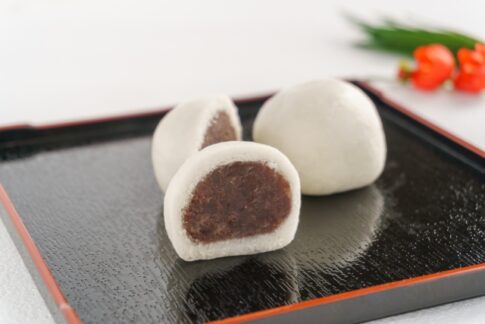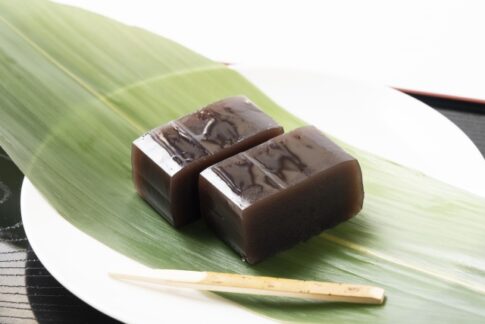A Lots Of “Only In Japan”
For many people, Japanese culture is quite unique.
For example, train schedules that are accurate to the second, humility that is considered a virtue, and diligence that could be called workaholism, just to name a few.
We want you to see all of Japan’s unique culture when you travel to Japan, but sometimes it can be difficult because there are so many other things you want to know about Japan.
Here are a few things you should know about Japanese culture before you go!
2 Japanese Cultural Surprises for
Omiyage
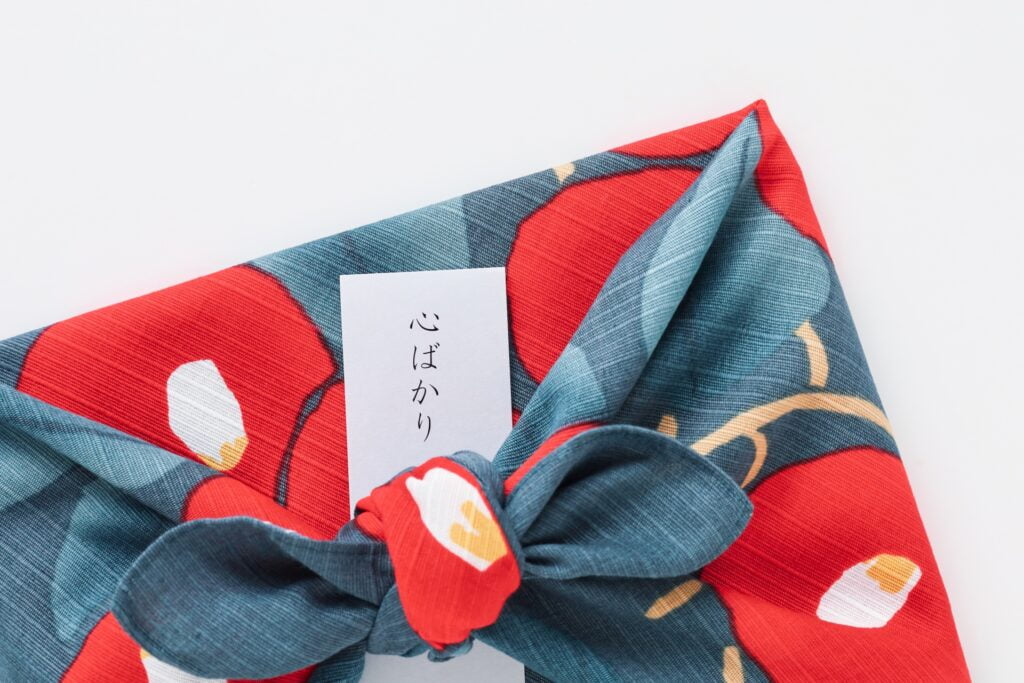
You sometimes buy souvenirs when you travel. However, what is unique about Japanese “omiyage” is the purpose of purchase.
Japanese people do not buy souvenirs for themselves, but rather for their workplaces or close friends.
This is a characteristic of Japan, a country that places great value on harmony.
Another important point is that sweets, in particular, are often individually packaged so that they can be distributed to as many people as possible.
Ojigi

What is surprising about the bowing culture is the diversity of its uses.
A single action can have multiple meanings: “thank you,” “apology,” “greeting,” and so on. It is also surprising to see how Japanese people use bowing in their daily lives.
Furthermore, the angle of bowing changes the meaning: “45 degrees,” “30 degrees,” “15 degrees,” and so on.
45 degrees or more is used for apologies, while 90 degrees is the deepest apology.
30 degrees is used for a first meeting or to see someone off.
15 degrees is used for light greetings between acquaintances.
The Japanese culture is one that places great value on courtesy.
Unique Christmas
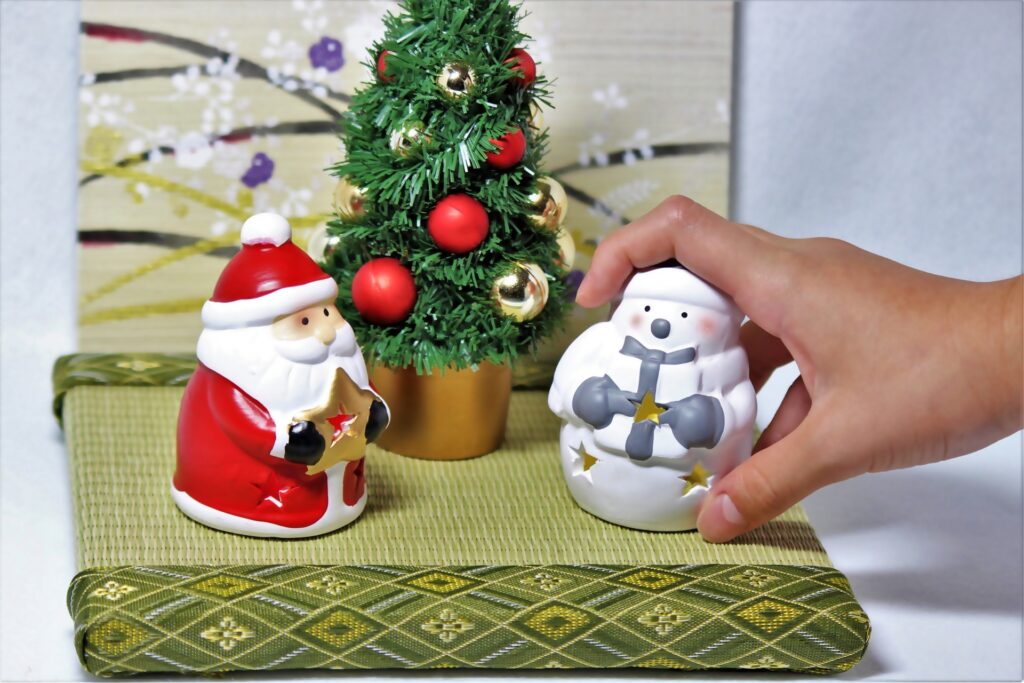
Originally, Christmas was a Christian event.
In many countries, Christmas is celebrated with family gatherings over dinner.
In Japan, however, the form of Christmas is very different. In many cases, Christmas is spent with loved ones rather than with family members. It is an event that can be enjoyed by people of all faiths.
This is an example of how Japanese people in the past have successfully adopted foreign cultures.
Another uniquely Japanese tradition is the eating of cake and chicken on Christmas Day.
During the Christmas season, cities and other towns are decorated with glittering illuminations, and the level of illumination seems to be higher than in other countries.
If you travel to Japan during the Christmas season, it is a good idea to research and visit illumination spots.
Oshaku
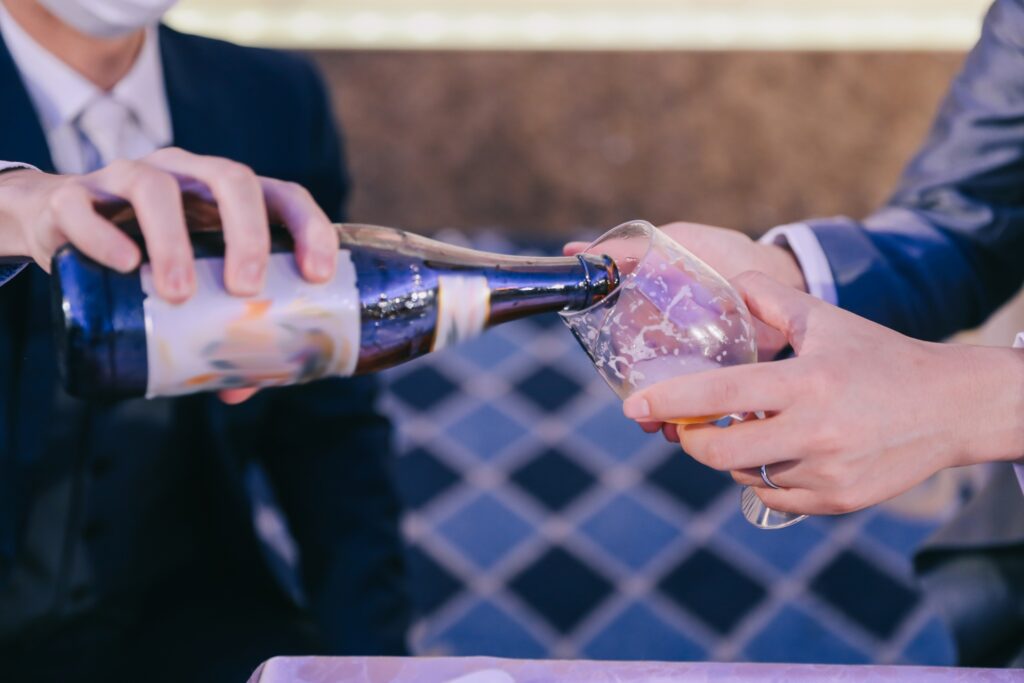
While the culture of enjoying the company of alcohol is universal, what is unique to Japan is the practice of “pouring” at the table.
This is a way of showing “respect” to the other person and is usually, but not always, done from a person of lower rank to a person of higher rank.
In Japanese culture, it is considered impolite for the boss to pour the drinks by hand. It is also not part of Western culture to be concerned about your boss’s alcohol consumption.
It is a uniquely Japanese custom not to neglect courtesy even on pleasant occasions.
Slurp noodles
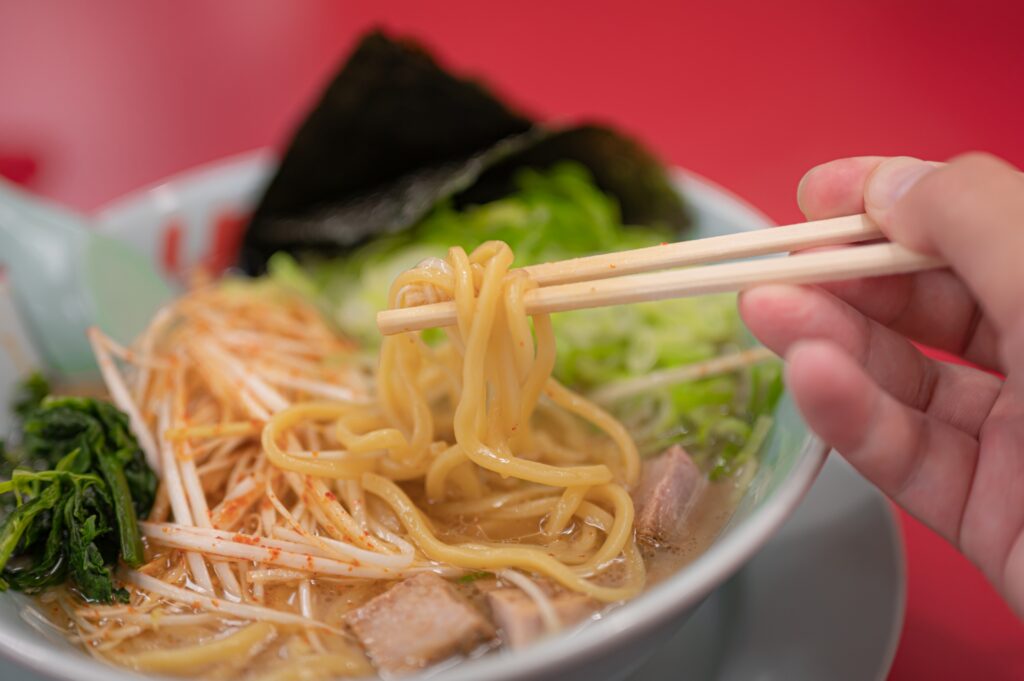
You may be surprised at the modesty and politeness of the Japanese, but you will be shocked to see how vigorously they slurp their noodles.
In many countries, it is against manners to slurp noodles noisily.
In Japan, it is said that slurping noodles is a custom to enjoy the aroma as well as the taste. It is also used as a way of expressing the feeling of “deliciousness.”
Give it a try and you may get hooked.
Kawaii culture
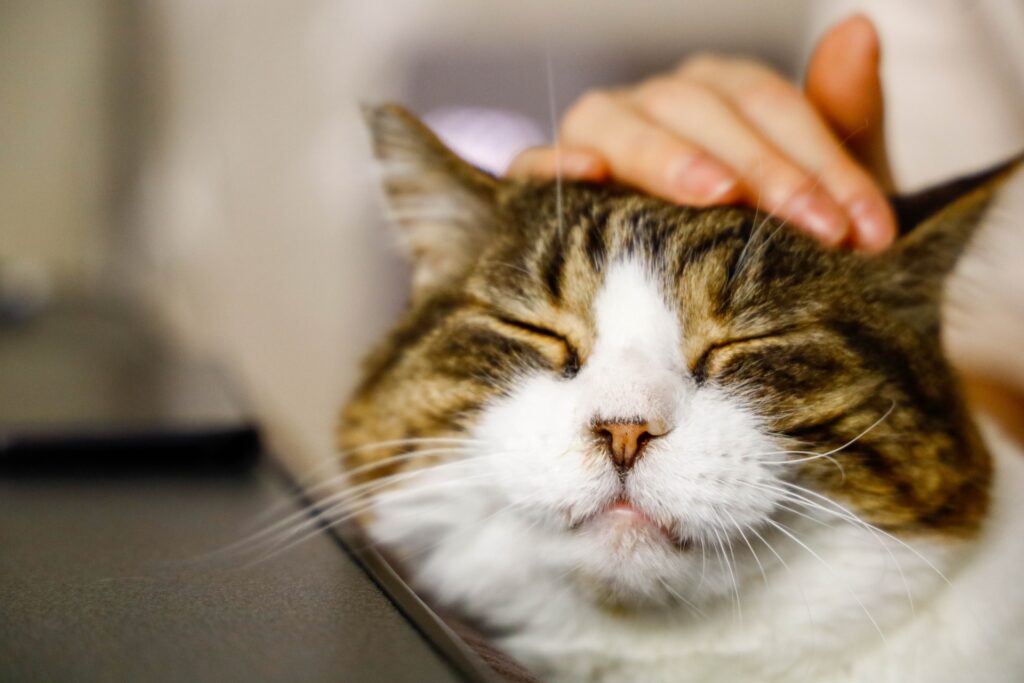
“Kawaii” is a Japanese pop culture that has taken root worldwide. This “kawaii culture” has attracted many people to Japan.
Japan is filled with cute characters, colorful food and clothes, and other unique things that cannot be found in other countries. It is a dream place for those who love anime and cute things.
Harajuku, a typical source of these things, is fun just to walk around.
Some visitors to Japan treat Harajuku as a “sacred place.”
Onsen
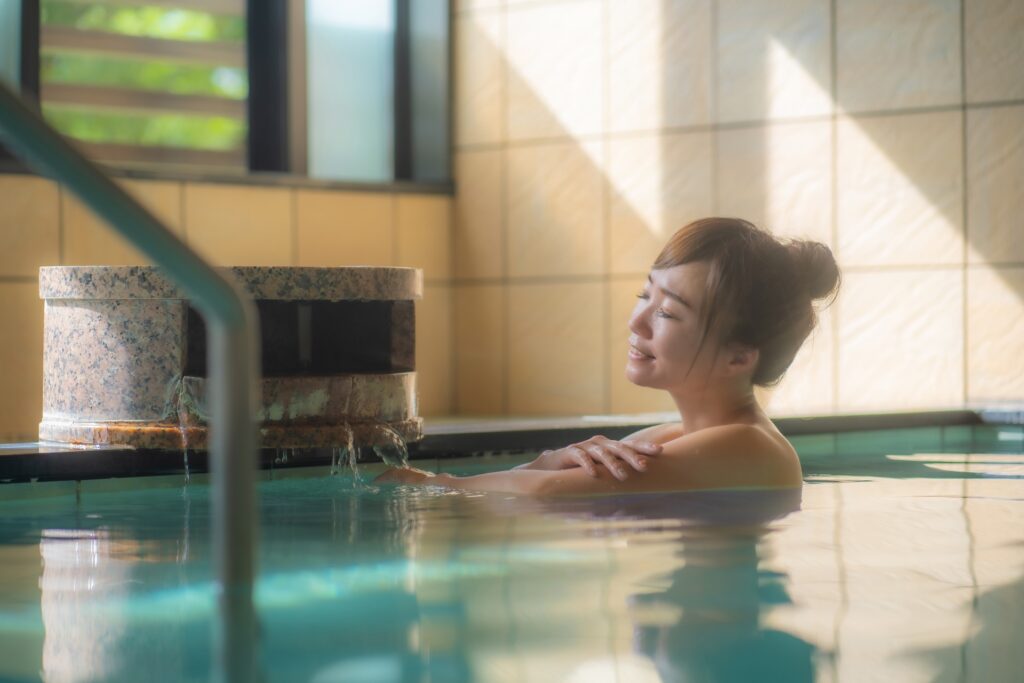
Onsen is familiar to most Japanese. However, it is not the usual practice around the world. This is because it is customary to soak in the hot water without any clothes on.
Although there are hot springs in other countries, in most cases, swimsuits are required.
Some people say that even after moving to Japan, they still have a hard time adjusting.
Another surprise is that tattoos are prohibited in many places.
For those who want to try onsen, it is better to use onsen where tattoos are allowed or private onsen where you do not have to worry about other people’s eyes.
Hanko

A hanko is almost indispensable in Japan when it comes to work, contracts, or any other procedures。
For Japanese people, this is an everyday sight, but those from countries with a signature culture will be surprised.
In Japan, you can even have a “hanko” made with your name on it as a souvenir.
Omotenashi

It is one of the representative cultures of Japan, and was mentioned in the bid to host the Olympics.
Japanese people are rarely aware of the spirit of omotenashi in their daily lives. However, this is because Japanese people have always taken it for granted.
The customer service with a smile on its face and the attention to detail that goes into every itch can be said to be the charm of Japan.
Wabisabi

“Wabi-sabi” is a word that simply describes Japan’s unique sense of beauty.
It can be likened to “beauty only because it is imperfect” or “the taste of things that have withered or become old.
The well-known traditional Japanese tea ceremony, bonsai, and Japanese gardens all incorporate the spirit of “wabi-sabi” without exception.
It is difficult to understand, but it is an important part of Japanese culture.
Summary
Japan has a history of over 2000 years. Combined with the fact that it is an island nation, it has formed a unique culture.
We have introduced some of these Japanese cultures, but did you know about them?
If you’re interested, check out the other posts and find your favorite Japanese culture!






